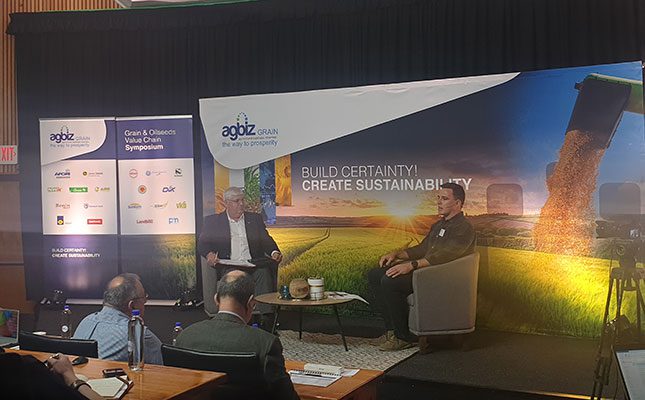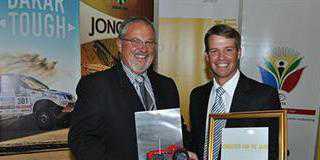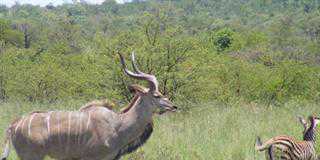
The third session of the Agbiz Grain and Oilseed Symposium, held from 5 to 8 September, focused on the application of traceability and regulatory compliance in grain storage in South Africa.
Jannie de Villiers, former CEO of Grain SA; Paul Adams, Research and Development Senior Manager at PepsiCo; David Meder, Groupe EMC2/Cerest-Céréales de l’Est, France; Dr Charles Hurburgh, professor of agriculture and biosystems engineering at Iowa State University; Casper Schmidt, executive committee member of Agbiz Grain; and Dr Francois Koekemoer, cereals lead for research and development in sub-Saharan Africa at Syngenta, discussed the various aspects impacting on traceability in the grain sector.
According to De Villiers, the implementation of a traceability system in the bulk grain supply chain was a complex task. Focusing on what was needed in the industry to facilitate a tracing system, he pointed out that there were four components in a grading system, namely quality, origin, safety, and sustainability, which also included carbon measuring.
He said that although the fresh produce industry was on the forefront of traceability systems, the grain industry presented more challenges.
“Technology alone will not be able to address all the challenges. For us in South Africa, and indeed in many countries in Africa, food security encompasses availability, affordability, food safety and lastly sustainable production practices. One must also remember we have a large component of small-scale farmers in remote areas of the country producing grain, and to take traceability back to those products, might present logistical and other challenges,” said De Villiers.
According to Adams, the industry and consumers were looking for increased transparency in the food supply chain. “When we talk about traceability, we are including quality, safety, transparency, sustainability and responsibility regarding the use of pesticides.
“You can never take away risk altogether, but everything you do, must mitigate the risks. The question to ask, is how each link in the chain can get assurance from the previous link that everything is in order.”
He added that the food safety chain started at the producer and worked all the way up.
Regarding what the farmer’s responsibility was in the entire process, Adams pointed out that people would always look for a scape goat when there were questions. “If you do not have transparency and traceability is not in place to trace origin, there will be problems and public outcry.”
In France, the requirements to be compliant regarding mycotoxins and traces of pesticides were increasing. “Luckily, the testing and analytical tools are becoming more efficient, and it is becoming easier to identify pesticide molecules in grain,” Meder said. He pointed out that storage operators needed to be aware of the fact that batch contamination could occur as a result of traces of prohibited pesticides on silo storage walls.
Schmidt highlighted that traceability in South Africa in the grain value chain was still in its infancy. “We need to establish what we mean when we talk about traceability. We need to know what we want to measure and trace and why we need to do it. We also need to determine what is possible and also what the cost implications will be. More consultation and discussions are needed.”
He emphasised the importance of establishing both forward and backward traceability in the system.
“Consumers are demanding traceability. We must introduce and adopt a viable and workable traceability system in the grain industry.“












